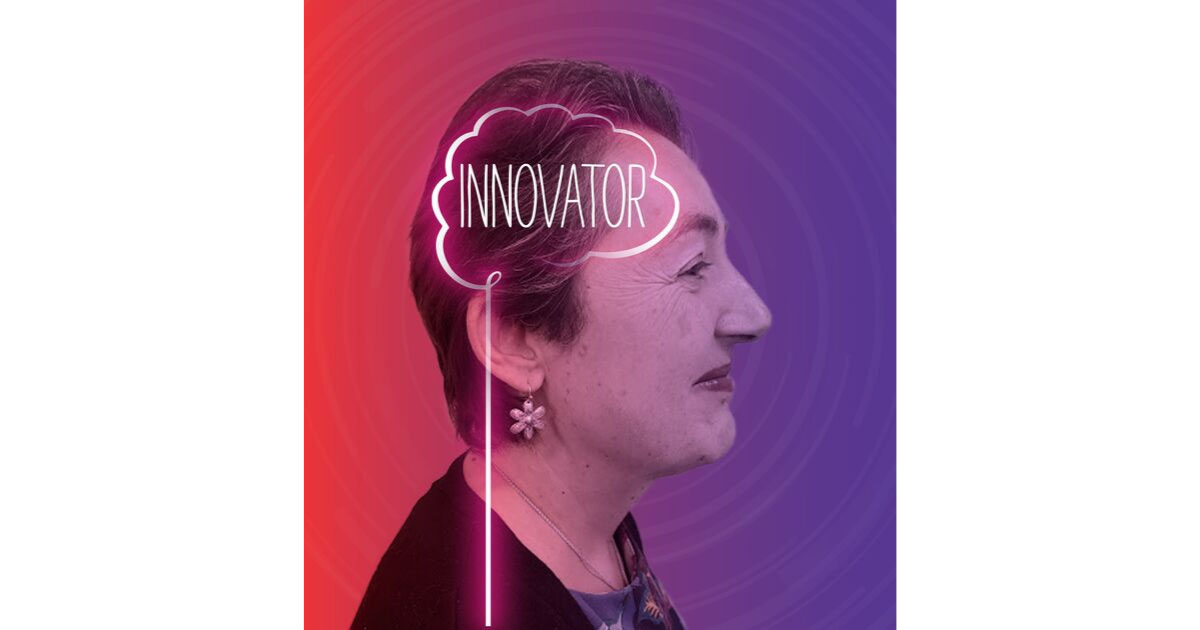Epilepsy Partnerships: Research Roundtable for Epilepsy

Epilepsy News From: Tuesday, January 14, 2020
Dr. Jacqueline French is the chief medical and innovation officer at the Epilepsy Foundation.
For the December 2019 issue of the Research Quarterly, I wanted to focus on the Research Roundtable for Epilepsy (RRE), which the Epilepsy Foundation hosts annually. The RRE was created to allow a diverse group of interested parties to come together to discuss thorny issues and roadblocks related to bringing new therapies (drugs and devices) to the clinic.
Many Partners Coming Together
Attendees include:
- Companies developing new therapies
- Clinical researchers who are running trials
- Researchers
- Government representatives from the National Institutes of Health (NIH) and the Food and Drug Association (FDA)
- And most importantly, people with epilepsy who will eventually use the therapies.
This year, the Epilepsy Foundation will convene the roundtable on May 14-15, 2020, in Washington, DC.
Planning for the meeting is quite intense. The roundtable members select the topic a year in advance and then meet weekly to shape the agenda and consider speakers. We believe in representing the different voices in the epilepsy community and actively solicit input from other patient and physician groups such as the American Epilepsy Society, Citizen’s United for Research in Epilepsy (CURE), and the Epilepsy Leadership Council (ELC). Once the roundtable has concluded, the speakers and attendees collaborate on a manuscript that is submitted to a high-impact journal, so that the conclusions can be widely disseminated.
Past Accomplishments
We began the roundtable in 2016 and have focused on the far-reaching issues relating to drugs and device development including incorporating new trial designs. In our first RRE, we discussed reducing placebo exposure.
Most trials are done as controlled trials where there are two groups: one is the therapy being studied, the other is a placebo or “sugar pill” added to whatever treatment the trial participant is already on before the study. These trials typically last 3 months or more, but there are new trial designs that could allow a participant to exit early if the intervention is ineffective. These discussions were published and already there are studies incorporating these new designs into their trials.
In 2018, we discussed trial designs that could be used for trials in the rare epilepsies, where only a handful of trial subjects might be available. In 2019, we focused on making clinical trials more efficient, and by doing so, streamlining the process of getting a drug to the clinic.
2020 Session
In the upcoming session, we will discuss different ways people with epilepsy could be grouped for study in trials. One option is to group individuals by the underlying cause of the epilepsy such as a specific genetic mutation to study in a trial.
Another option is to group people by epilepsy syndrome, such as Lennox-Gastaut syndrome or juvenile myoclonic epilepsy, irrespective of the cause. A third option is to group people by the seizure types that they have, such as tonic seizures or absence seizures. Each way could be appropriate, depending on what is known about the mechanism by which the drug or device has its action. The goal of this meeting is to begin developing a framework around when to use what option.
The research roundtable in epilepsy is an opportunity for people who have different types of expertise and different viewpoints to all focus on one issue. We cannot do this alone. By bringing all stakeholders together, we have a group that can effectively advance several important agendas, clearing the path to successful therapeutic development.
Authored by
Jacqueline French MD
Reviewed by
Epilepsy Foundation Research
Reviewed Date
Tuesday, January 14, 2020
